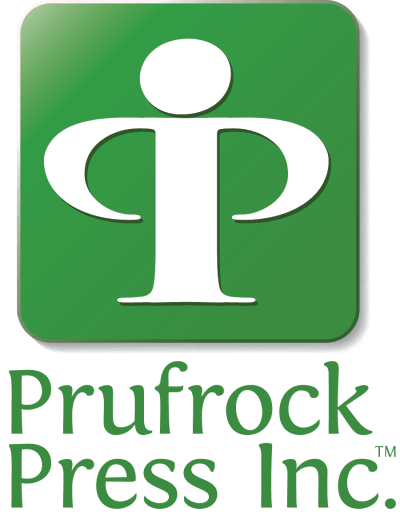Prufrock Press Books
With over 500 books and digital resources across Language Arts, Math, Science, Social Studies, Children's Nonfiction, and more, Prufrock Press offers teachers and parents exciting, evidence-based resources for helping gifted, advanced, special needs, and twice-exceptional learners succeed.
Many of Prufrock’s award-winning products meet the new Common Core State Standards (CCSS) in Mathematics and English Language Arts and the Next Generation Science Standards (NGSS).
Featured Book Collections
Featured Books
There's a Writer in Our House! Strategies for Supporting and Encouraging Young Writers and Readers at Home
1st Edition
There’s a Writer in Our House! is an invitation to parents of children in first grade through fifth grade interested in actively participating in their children’s early literacy learning from the very first steps. Founded upon well-researched literacy instructional methods that have been informed by the author’s clinical perspective as well as her years of experience with many kinds of learners, this book provides a valuable understanding of how both writing and reading contribute to child development in multiple areas.
Try It! Even More Math Problems for All
1st Edition
Try It! Even More Math Problems for All is the third of three collections of offbeat, open-ended problems designed to make even the most math-averse student excited about working through these challenging yet accessible problems. The Hints and Solutions section guides you to probe, suggest, and encourage students to explore even their most unusual insights on the way to solving these 25 new, illustrated problems of varying difficulty. As a result, you will be able to motivate your students to think creatively on their own and to engage in teamwork. And when students solve a problem, you will see and hear their accomplishments.











